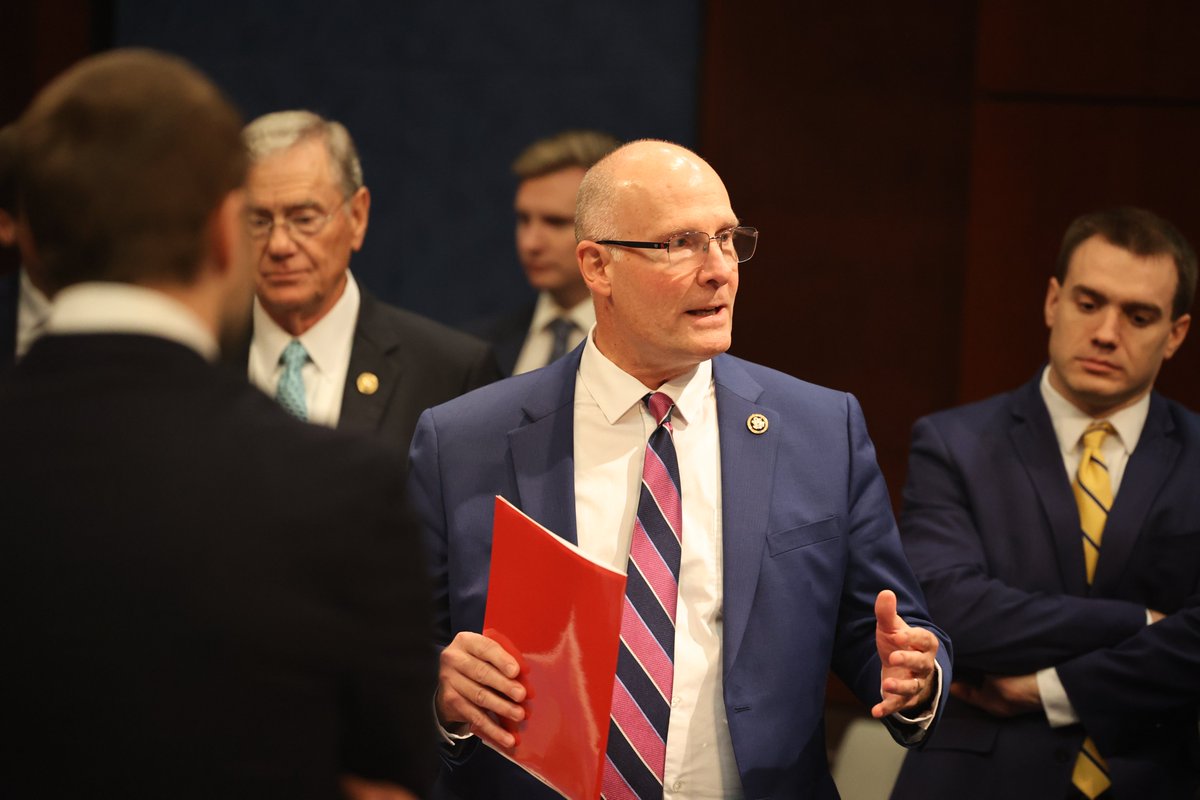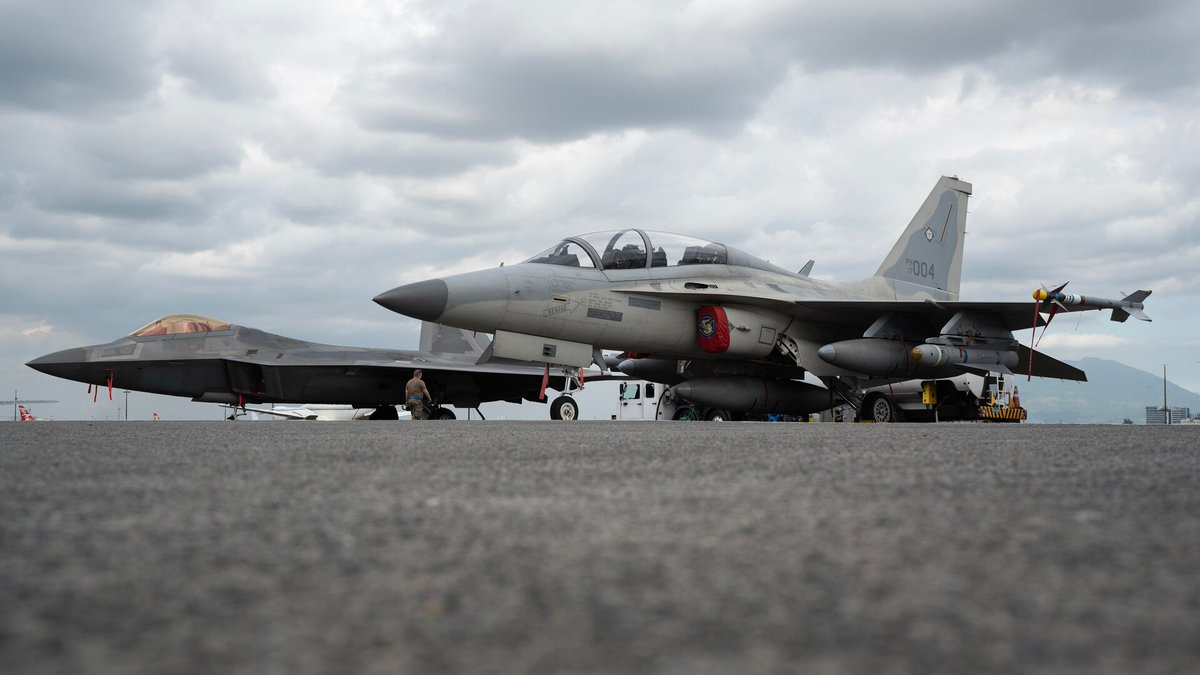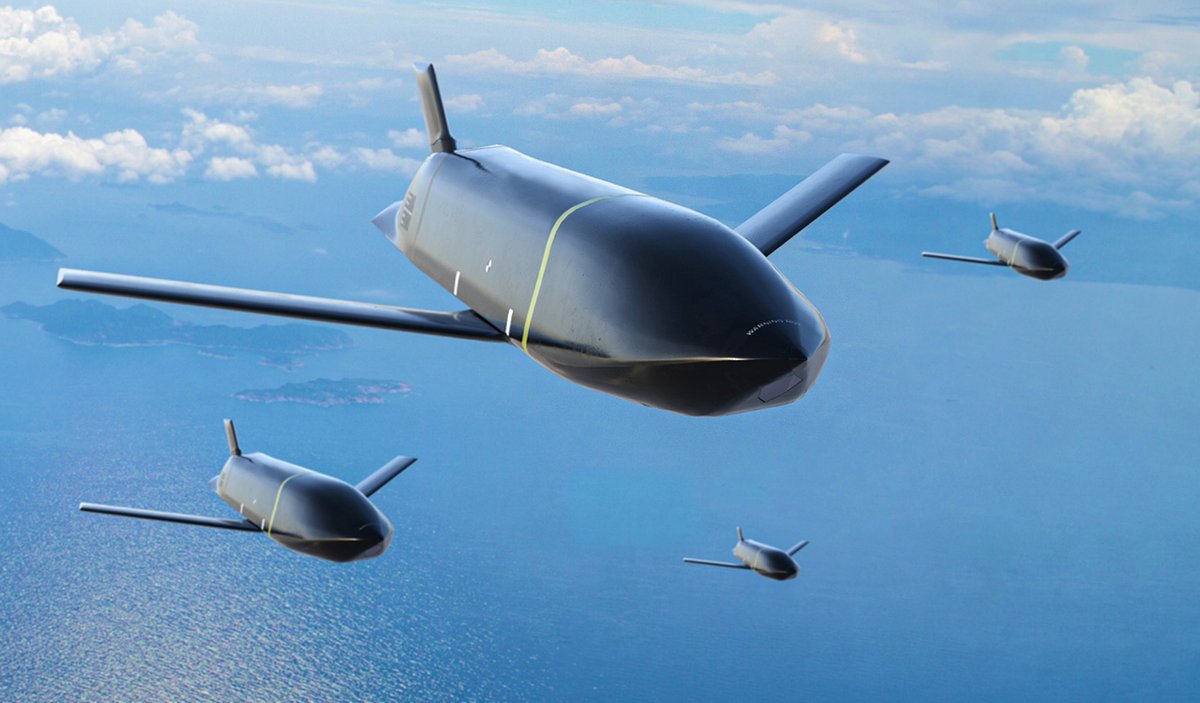🚨NEW: @TencentGlobal is using U.S. trademark and copyright law to try to silence @GreatFireChina’s FreeWeChat—a watchdog archiving censored content from WeChat.
Instead of defending free expression, Tencent wants to scrub the internet of inconvenient truths.
Instead of defending free expression, Tencent wants to scrub the internet of inconvenient truths.
Tencent’s complaint, filed via cybersecurity firm @GroupIB, alleges trademark & copyright infringement.
But here’s the kicker:
→ No claims of confusion.
→ No claims of bad faith.
→ No evidence of commercial use.
This is pure lawfare.
But here’s the kicker:
→ No claims of confusion.
→ No claims of bad faith.
→ No evidence of commercial use.
This is pure lawfare.
A cybersecurity firm like @GroupIB should be ashamed of enabling the CCP’s legal attacks on China watchdogs.
They should know better than to act as a censorship proxy.
They should know better than to act as a censorship proxy.
China’s censorship doesn’t stop at its borders. It’s coming for activists, journalists, and watchdogs anywhere they shine a light on the CCP’s repression. Read more⤵️
en.greatfire.org/blog/2025/jul/…
en.greatfire.org/blog/2025/jul/…
• • •
Missing some Tweet in this thread? You can try to
force a refresh





















